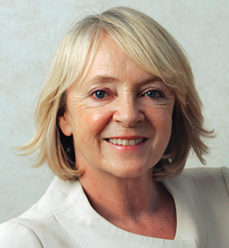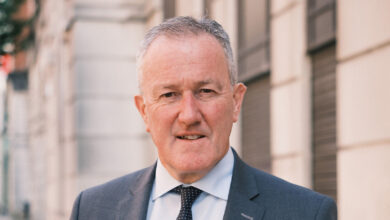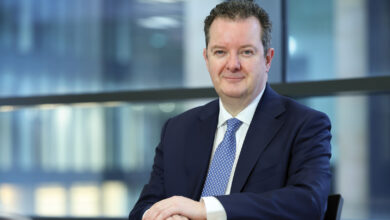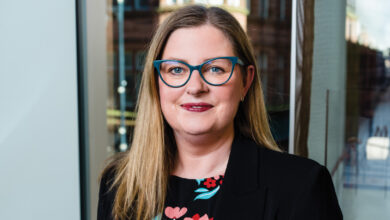Jane Morrice: moving off the comfort funding
 Northern Ireland must use EU funds as a ‘springboard’ not a ‘sofa’, according to Economic and Social Committee member Jane Morrice.
Northern Ireland must use EU funds as a ‘springboard’ not a ‘sofa’, according to Economic and Social Committee member Jane Morrice.
Since September 2006, Jane Morrice has been one of Northern Ireland’s two members on the European Economic and Social Committee. The committee (see page 108) represents Europe’s civil society, and she sits in its ‘various interests’ group.
Having been a North Down MLA from 1998 to 2003, Morrice explains that, rather than a political role, committee membership means being part of the “wide-ranging variety of expertise” across the EU. Her counterpart Mike Smyth has an economic focus while her main interests are social affairs and gender equality.
Located in Brussels, the committee has a much lower profile than the main EU institutions and therefore can seem distant to Northern Ireland.
However, Morrice and Smyth have used their membership to produce a report on the relatively untold story of how the European Union helped the peace process. This was finalised in October 2008 and they are continuing to look at wider issues affecting the region.
For example, she sits on a study group on road safety, which will recommend updates for the European road safety strategy. Northern Ireland’s own strategy was also out for consultation up to 16 June. The study group will finish its work in the autumn.
“If Northern Ireland is giving us any new good ideas in that area, I am going to bring them to the table in Brussels,” she remarks, “and if Brussels has any new good ideas, I am going to bring them back to the table in Northern Ireland.”
Each of the three groups will have their own take on road transport. Employers do not want too much regulation, employees want protection from risks on the road and the various interests will have a range of views e.g. on its impact on the environment.
The Commission, Council and Parliament are required to consult the committee but not necessarily take up its suggestions. As European legislation eventually makes its way into national law, she considers everything the committee does to be “as relevant to Northern Ireland as it is to every other region of the EU.”
Regions are also increasingly being encouraged to work together. Smyth has been working on a strategy for the Baltic Sea regions and, as a follow-up to their report on the peace process, Morrice hopes to look at how Northern Ireland can practically use its experience to “give advice and hope to other areas of conflict in the world.”
A European studies graduate, Morrice’s own interest in Europe began as a stagiare, or intern, with the European Commission for six months in 1980. She then worked for a French press agency, European Report, for six years before joining the BBC.
One of the most striking changes she has seen since the early 1980s is the swing from Francophone to Anglophone. ‘Bonjour’ was then the most common greeting in the Berlaymont whereas a ‘good morning’ is now the norm.
Enlargement into eastern Europe opened up a “wealth of interesting new cultures and experiences” which “really changed the dynamic” of the EU; the eastern countries had previously been “hidden away” behind the Iron Curtain.
For the next year, the current economic and social crisis looks set to top the committee’s agenda. Indeed, she is keen to see economic and social policy go “hand-in-hand”, and that workers’ rights do not “fall by the wayside when cuts are coming”.
At a local level, Morrice is encouraged to see the Assembly and the OFMDFM Committee taking a closer interest in Europe. She also contends that the province must change its attitude to EU funding and use it more creatively.
“I like to try as far as I can to bring my work in Brussels back to Belfast and beyond [within Northern Ireland]. What’s important is that Northern Ireland is beginning to hopefully wake up to the reality that it can no longer treat European funding as a ‘sofa’,” she states. “It’s got to now use it as a springboard.”





